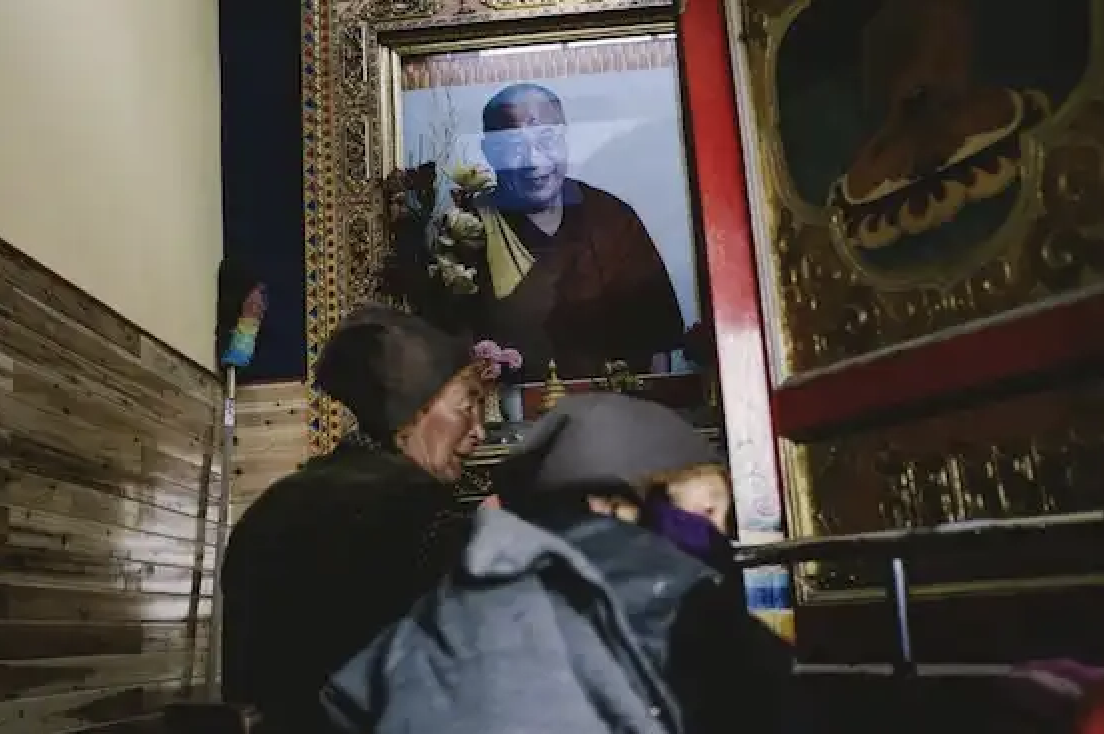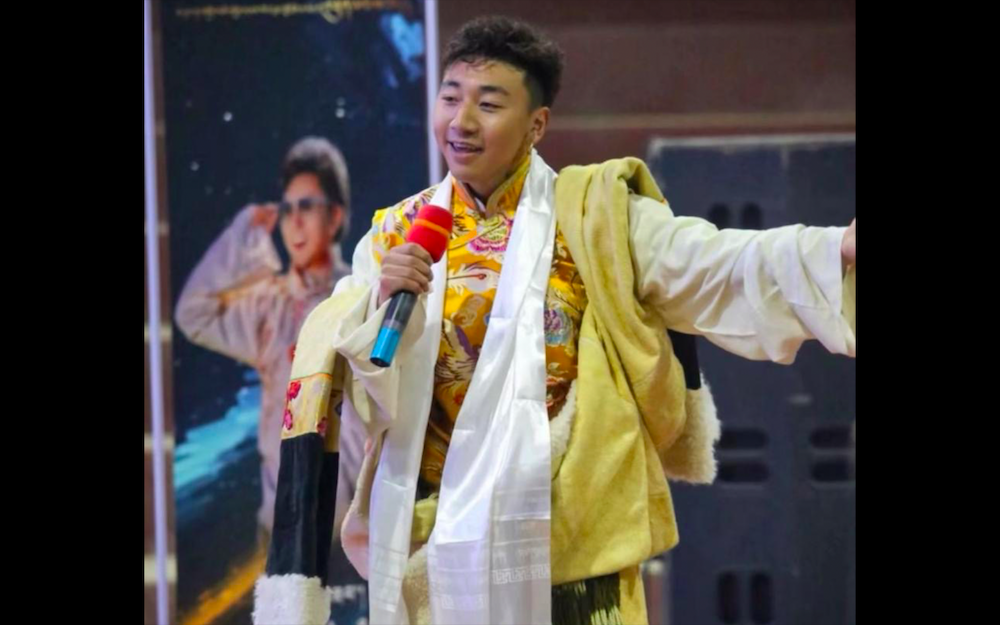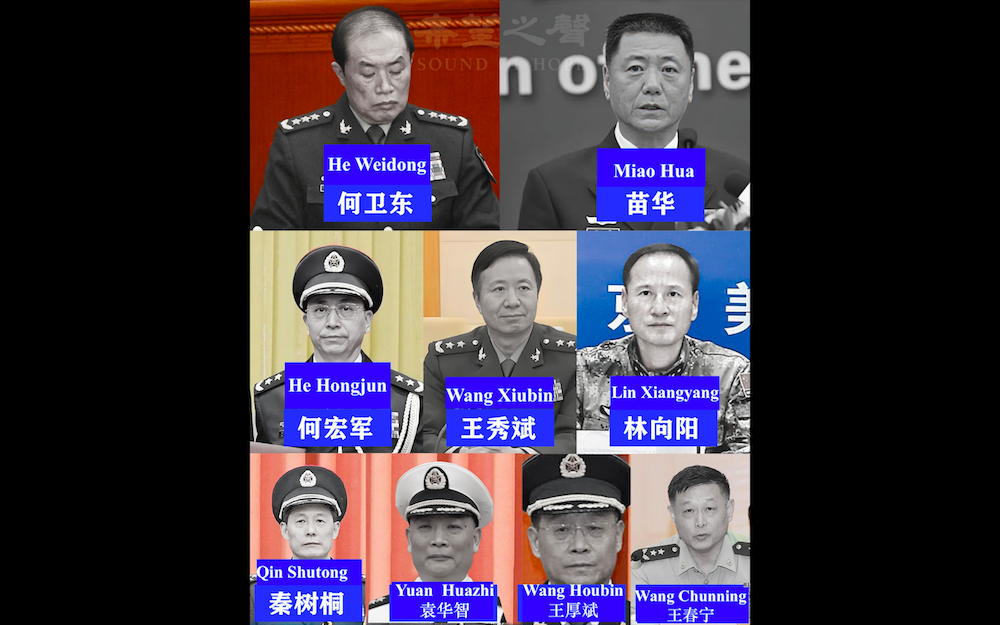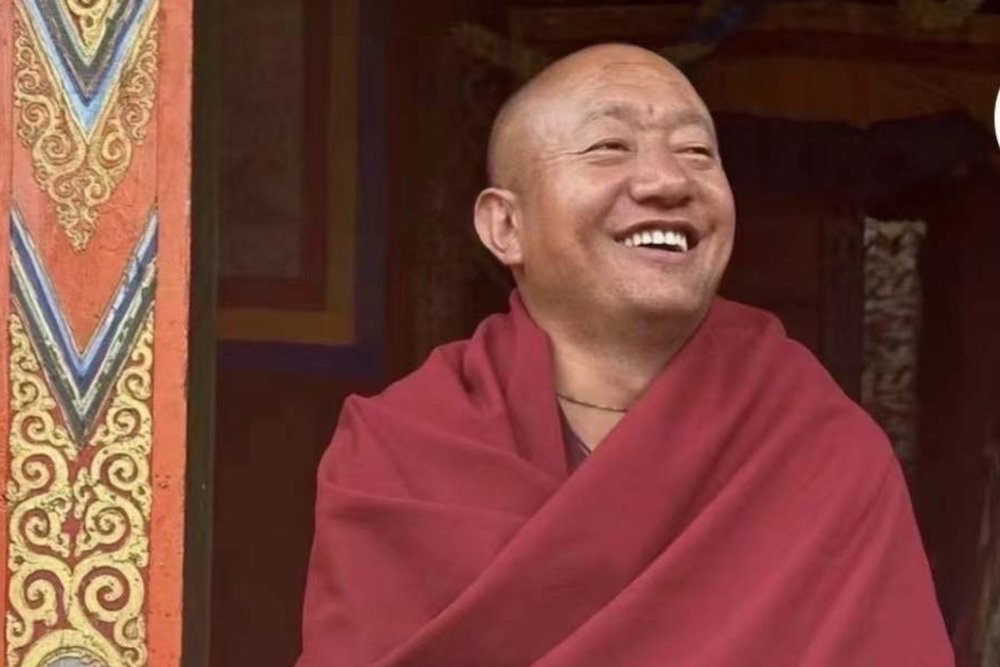By Kalsang Rinchen
 Dharamsala, March 4 – Tibetans in Nepal are yet again becoming the victim of political romance between China and Nepal as latter seems to be ready to go to any extent to please the former. With less than a week to go for the politically sensitive anniversary of the March 10 uprising of 1959, Nepal has tightened security in Kathmandu and launched a massive manhunt for “troublemakers” in the Tibetan areas of the city.
Dharamsala, March 4 – Tibetans in Nepal are yet again becoming the victim of political romance between China and Nepal as latter seems to be ready to go to any extent to please the former. With less than a week to go for the politically sensitive anniversary of the March 10 uprising of 1959, Nepal has tightened security in Kathmandu and launched a massive manhunt for “troublemakers” in the Tibetan areas of the city.
Nepalese Police have arrested three Tibetans from Bhaktapur area after they failed to produce travel documents on Tuesday, reported the Himalayan Times. One of them has been identified as Sonam Dorjee. An eye witness told phayul on telephone that the police are launching random raids on Tibetan homes, restaurants, hotels in the city and checking documents of Tibetans at various places in the city. Sources say that Tibetans on visit to Nepal from India are especially more vulnerable to searches and questioning by police. “At a tea shop nearby I saw two monks and a woman who I think had come from India being asked for documents to travel to Nepal,” a Tibetan resident of Boudha said.
The police are looking for people who had led and participated in several anti-China protests in the past in the city. Unlike protests against China by exiles in other parts of the world, the Tibetans in Nepal do not organize protests under any of the Tibetan exile groups like the Tibetan Youth Congress, Tibetan Women’s Association or Students for a Free Tibet making it hard for the Nepalese police to pin down on any particular group.
Tibetans in Nepal carried out several protests and demonstrations against China between 2008 and 2009 during which Nepal also came under criticism from the international community for its brutal handling of the Tibetans.
With many Tibetan schools in India having just resumed from winter vacation and new admissions being accepted, several Tibetan parents residing in Nepal have travelled to India to escort their children but are now finding it difficult to go back before March 10. “I will not leave before March 10 because I am sure I will be stopped at the border until March 10 is over. So I had better be in India until then,” said Tsewang Topgyal (name changed on request), who had just got his son admitted to a Tibetan school near here. “If there is any country that feels the tremors of Chinese brutality and control in Tibet the most it is Nepal. The Himalayan Kingdom has virtually become another province of China,” said Tsewang.
Nepal has lately intensified its hold on the Tibetans to stop them from taking part in peaceful demonstrations and has tightened security along its border with Tibet in an attempt to prevent fleeing Tibetan refugees as part of its commitment to stop “anti-China activities” on its soil.
Just last month, Nepal deputed additional Armed Police Force (APF) in Mustang near Tibet border, mainly to check fleeing Tibetan refugees.
Nepal last year announced its decision to tighten Tibet border by deploying armed police for the first time in its history along its northern Mustang-Tibet border, raising criticism that the move was prompted by pressure from China.
Nepalese Prime Minister Madhav Kumar Nepal met visiting Chinese official Liu Jieyi, Vice Minister of the International Department of Communist Party of China Central Committee, at the his official residence in Kathmandu last month.
In their talks, according to Chinese state media, Liu Jieyi appreciated Nepali government’s “consistent and firm support” not to allow “anti-China activities” in Nepal, and in return promised “bilateral cooperation in various fields” to the impoverished and crisis-stricken country.
China has been regularly sending flurry of high-level delegations to Nepal reminding the Nepalese authorities to curb “Free Tibet activities” and anti China activities on its soil.









